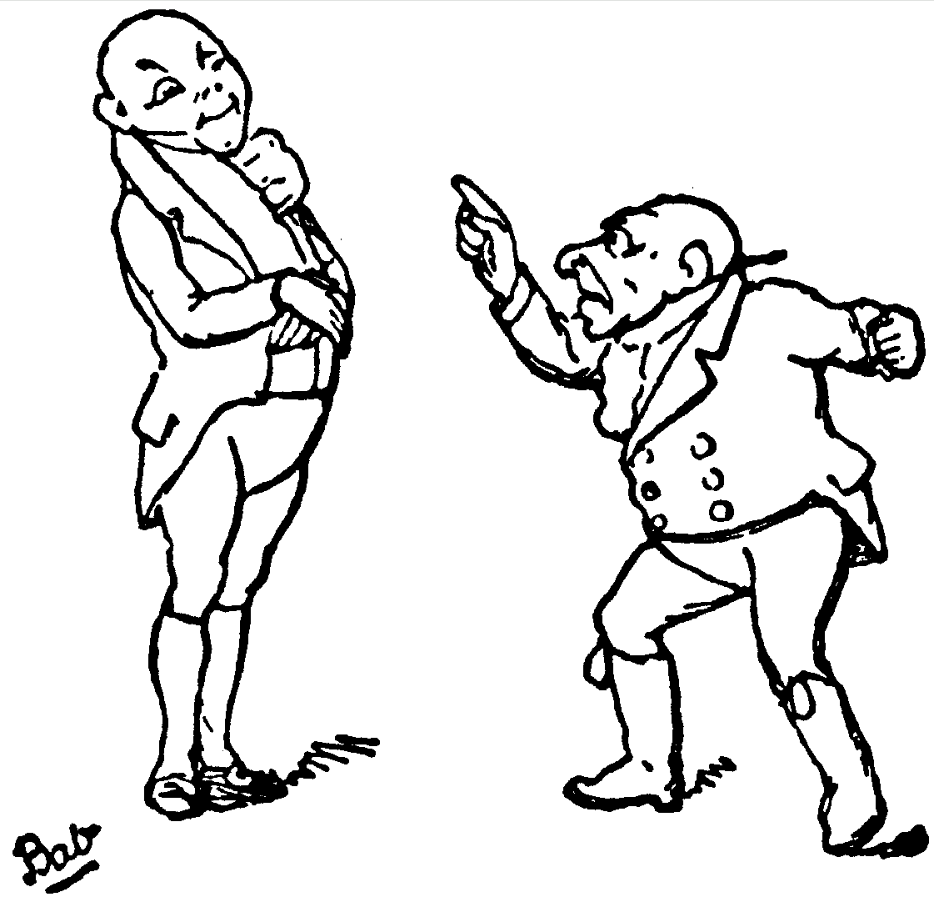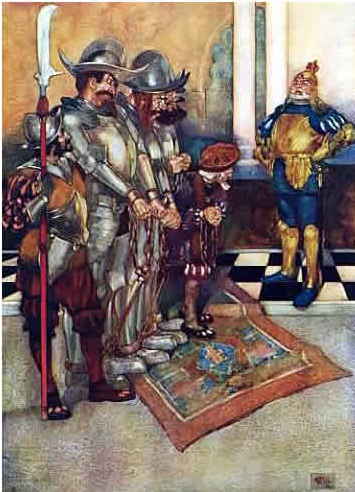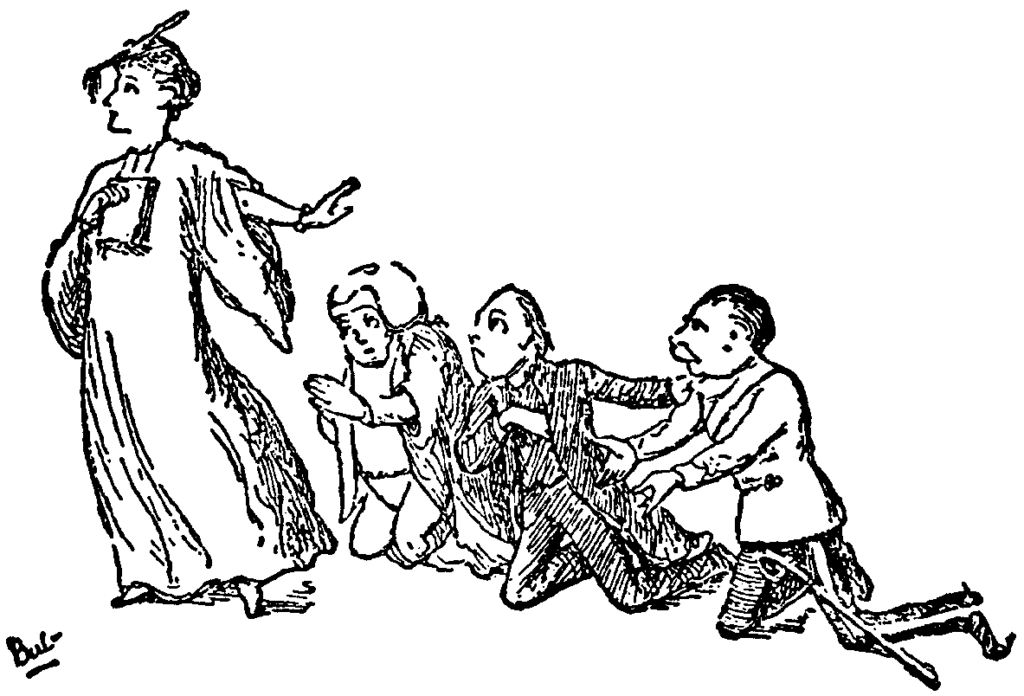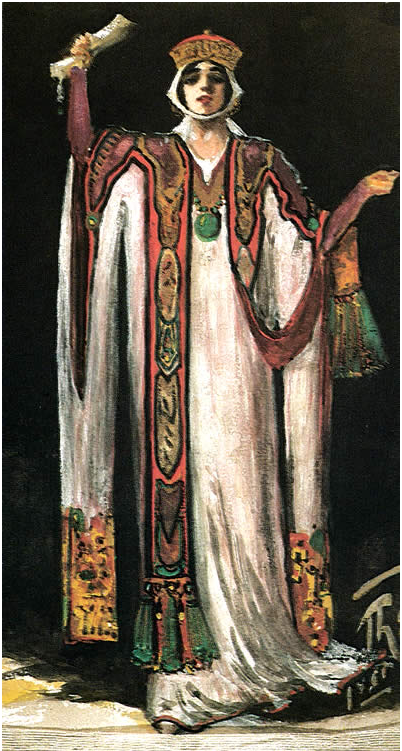A Gilbert and Sullivan troupe located in West Michigan.
Our Last Production: The Yeomen of the Guard, or The Merryman and his Maid
The Savoyards most recent show took place at Wealthy Theatre on May 8-11, 2025. Our Stage Director was Clark Wells, assisted by Kit Story, with Music/Orchestra direction by Randall Burghart.
Visit our 2025 page in “WMS Productions” to see more information.
Our NEXT production

Join us on May 14-17, 2026 for Princess Ida at Wealthy Theatre in Grand Rapids!
Auditions for Princess Ida
What you need to know for auditions:
Important Information about Rehearsals and the Show!
Rehearsals will be every Saturday starting on January 3rd from approximately 9am to 1pm.
The show is May 14-17 and we will need you the entire week leading up to it. If you are unable to make the show, please join us for next year’s production!
In addition to rehearsals we’ll be doing some smaller workshops with the named roles before the new year to get some character work and blocking sorted early. We’ll work to schedule those around the cast members.
Time and Place!
Auditions are going to be on October 24 and 25, and we are doing callbacks! After auditions we will be selecting certain people to come back and do a few extra things. Please keep the evening of the 25th available so we can bring you back in for those if need be.
October 24 – Auditions start at 6 at the Holland Civic (Community) Theater (50 W 9th St, Holland)
October 25 – Auditions start at 1 at Trinity (1100 Lake Dr SE, Grand Rapids)
Callbacks, October 25 – Callbacks start at 5 and are also at Trinity
What to Prepare!
Please fill out the following form for auditions so we know things like your voice part, how to contact you (very important for callbacks!!!) and what roles you are interested in. Please specify if you are cool with any part we may be interested in giving you!
Audition Form
We have a selection of cuts we would like you to have prepared! They are split up by voice part, not by role! We would like you to have the cut for your voice part prepared for standard auditions. (Yes there are two cuts for soprano, you can learn either of them.) Files and PDFs can be found at this link.
Audition Materials
Additionally we ask that you bring a song of your choice that shows off your voice appropriately. I’ll have a speaker at auditions for you to play a backing track. For Callbacks we would like you to become familiar with your part in the relevant group pieces in this folder.
Callback Materials
Interested in Ida/Psyche/Melissa/Soprano part – Broken Toy
Interested in Melissa/Blanche/Soprano or Mezzo part – Blanche/Melissa song
Interested in any Men’s parts – Broken Toy and Brother’s Trio
If you are only interested in Chorus!
You’re welcome to audition if you’d like, but otherwise either fill out the audition form above or send me an email with your contact information and voice part.
Tressa Groelsma, Assistant Director
TGroelsma@gmail.com
Stage Director: Kit Story. Music Director: Randy Burghart
Plot Synopsis:
ACT I
There is an air of expectancy at King Hildebrand’s Castle, for it is the day on which Princess Ida, the daughter of King Gama, should appear to meet Prince Hilarion, to whom she was betrothed twenty years before, when she was one, and he only two, years old. Soldiers and Courtiers are discovered scanning the landscape, and debating as to whether the Princess will come.
King Hildebrand appears, and asks if Gama has yet been sighted, adding that if he does not come before sunset, bringing the Princess with him, “there’s war between King Gama and ourselves.” He hates the coming interview with Gama, who is twisted in body and warped in mind, his one pleasure being to wound with his spiteful tongue.
Gama is seen in the distance, but is apparently without the Princess. Hildebrand, puzzled, bids the best and the worst to be brought . . . the richest robes, the coarsest prison dress, for, as Gama brings the Princess or brings her not, so shall he have “Much more than everything, much less than nothing.”
Hilarion enters and sings in anticipation of his meeting with Ida. He is, however, uneasy because he has heard that she had forsworn the world, and, with a band of women, shut herself up within a lonely country house, there to study stern philosophies. His father tells him that a reasonable man would be reconciled to the loss of such a wife, but Hilarion refuses to be thus advised.
The sons of King Gama approach, and, having entered, sing of their valour. Gama is with them, and introduces himself in a song that reveals his spiteful nature, although, obtusely enough, he “can’t think why” people should say he is a
disagreeable man!
After an exchange of anything but compliments, Gama informs Hildebrand that he has not brought the Princess, who refuses to leave her “University,” having renounced mankind. In this retreat, even the crowing is done by an “accomplished hen.”
Gama tells the young men that, if they “humbly beg and humbly sue, most politely,” the Princess may deign to look upon them. But Hildebrand retorts that, while they will make the attempt, Gama shall remain as hostage, and”should Hilarion disappear, we will hang you, never fear, ‘most politely’.” Hilarion and his friends determine to try their fortune, Gama and his three sons being kept as hostages against their safe return.
ACT II
In the gardens of Castle Adamant, Princess Ida’s country home, the graduates of the Women’s University are discovered seated at the feet of Lady Psyche, the Professor of Humanities. Their song is interrupted by the entry of Lady Blanche (Professor of Abstract Science), who proceeds to read the “list of punishments,” after which Princess Ida approaches. She is welcomed as “Mighty maiden with a mission” and delivers her inaugural address, which takes the form of a tirade against Man, following which the curriculum for the day is reviewed. Lady Blanche is to lecture on Abstract Philosophy, under three heads . . . “The Is, the Might Be, and the Must.”
The Princess and the maidens pass on, leaving Lady Blanche to reflection and soliloquy, from which it is quite evident that she considers Lady Blanche would make a far better Principal than the Princess.
She goes off, and Hilarion and his two friends are seen climbing the wall. Having successfully negotiated the broken bottles adorning the top, they are highly diverted at having reached the jealouslyguarded precincts without detection. They find some academic robes left by the maidens, and these make such an effective disguise, that they decide, on seeing the Princess approaching, to pose as three wellborn maidens who wish to join the University.
She questions them and they manage to steer sufficiently clear of pitfalls to satisfy her as to their suitability. Together they lament the hollow pleasures of the world, and the Princess leaves them to meditate on the extraordinary fix into which they have been landed. Amid much merriment they decide to see the thing through, but their mirth is checked by the entrance of Lady Psyche, who is Florian’s sister. There is only one way out and that is to let her into the secret.
This they do, and she informs them that the penalty, if they are discovered, is death. She is, nevertheless, very pleased to see them and tells them more about the objects of the University. She points her argument with the story of “The Ape and the Lady.”
Meanwhile, Melissa, another of the girl graduates, enters unobserved and overhears them. She is, however, so fascinated on beholding a man for the first time, that she readily agrees to keep the secret. A closer inspection begins to shake the girls’ faith in the principles enunciated by Ida and, in the quintet that follows, the change of view is very pronounced. Melissa is left alone, and is presently joined by Lady Blanche, her mother, who has been attracted by the singing. She remarks how odd it is that of the three new “girls” two should be tenors, and one a baritone. Her suspicions are confirmed when she picks up the reticule dropped by one of them and finds that it contains not only scissors and needles, but . . . cigars! Melissa pleads with Lady Blanche, and, knowing the latter’s jealousy of Princess Ida, reminds her that if she furthers Hilarion’s scheme, Ida will marry him, and leave Blanche to “rule the roast.”
When Lady Blanche has gone, Melissa sees Florian and urges him to fly. He is about to do so, taking her with him, when the luncheon bell is heard, and the Princess with Hilarion, Cyril, the Staff and Students, appear; also “Daughters of the Plough,” bearing luncheon. Having heard that the three new students know the Court of King Hildebrand, the Princess, although affecting indifference, makes sly inquiries as to his son, Hilarion. The disguised youth answers cleverly, but unfortunately Cyril is taking too much wine, and after various rather dangerous interruptions, bursts into the famous “Kissing Song.” It is at once discovered that they are men.
The Princess, in panic, runs towards the rustic bridge that crosses the stream flowing through the grounds. Hilarion follows, endeavoring to explain; the Princess misses her footing and falls into the water. Hilarion springs in after her and brings her safely to shore, amid the plaudits of the assembled company. Ida, however, is furious at the trick which has been played and orders the arrest of the three young men, which command is carried out by “The Daughters of the Plough.” Hilarion is bound, and the three are marched off. At this moment Melissa rushes in and tells the Princess that an armed band is without the Castle walls, demanding admittance in the name of King Hildebrand. As she speaks, the gate is battered down, and soldiers rush in; with them are the three sons of King Gama in chains. Hildebrand follows and tells the Princess that he has come to claim fulfillment of the vow which was made when she was a child, and that if she refuses, he will raze her castle to the ground. To the King’s threat the three brothers, Arac, Guron and Scynthius add their entreaties, for Hildebrand has promised them that if he fails in his quest they will most certainly be hanged.
He gives Ida twentyfour hours for her answer. The Act closes with the Princess hurling defiance at the invader.
ACT III
The Outer Walls of the Courtyard at Castle Adamant The Princess has decided to fight, and Melissa, Sacharissa and the ladies are assembled, armed with battleaxes. The Princess enters, attended by Blanche and Psyche, and issues her instructions. Unfortunately, her theories break down in practice, and not one of the ladies is willing to perform the duties allotted to her. For example, Sacharissa is required to be the surgeon, but she cannot bear the thought of cutting off real live legs and arms. The fusiliers have not brought their rifles because they “might go off,” the band do not feel well and are therefore not present.
Chloe and all the ladies enter and announce the approach of Ida’s father, King Gama, and her brothers. Gama explains that Hildebrand is loth to war with women, and he has therefore sent the Princess’s brothers to fight for her against Hilarion and his two friends. Gama tells Ida his punishment and the tortures he has endured, which consisted of having “nothing whatever to grumble at”; to his warped nature this being the worst that could be conceived. Ida is so moved by the tale of woe that she agrees to the contest taking place. Disillusioned, she sings of the failure of her ambitions. The gates are opened and soldiers with the three sons of Gama enter.
Hilarion, Florian, and Cyril are led in by the “Daughters of the Plough.” They are still bound and wear their academic robes. Gama finds food for his mordant wit in their appearance, and goads them on for the fight. The fight takes place, Hilarion and his friends being victorious. The Princess begs them to stay their hands. She asks Lady Blanche if she can with dignity resign her post, in which case will she (Lady Blanche) take her place? This, of course, is just what Lady Blanche wants, and she takes the opportunity to indulge in a little abstract philosophy.
So the Princess yields to Hilarion, Lady Psyche to Cyril, and Melissa to Florian. Lady Blanche is left, having achieved her heart’s desire to be the principal of the “University.” She promises the other three that they shall return to their former positions should they ever desire to do so, and the opera ends in general joy.
[Plot summary from the book The Victor Book of the Opera, RCA Manufacturing Co., Camden, NJ, 1936.]
Download this plot summary in text format.
Do you have interest in directing or crew work for our shows?
We’d love to talk to you about it! Please fill out the short form below if you’d like to be considered for Stage Director, Music Director, Choreographer, Producer, or Stage Manager:
If you have interest in helping with the technical ends of our production (sets, props, costumes, etc.), please fill out the short form below:






